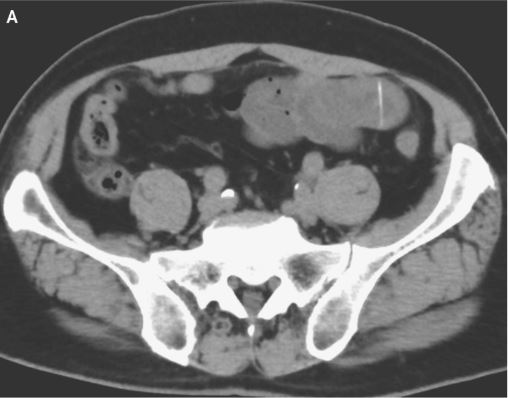When you buy through links on our site , we may pull in an affiliate commission . Here ’s how it works .
Fish have the logical thinking capacity of a 4- or 5 - year - old child when it comes to figuring out who among their peers is " top dog , " new research shows .
Stanford University scientists made the find — articulate to be the first demonstration that fish can uselogical reasoningto reckon out their social pecking order — by study fights among pocket-size , highly territorial , thorny - finned Pisces calledcichlids , common in freshwater in tropical Africa , including in Lake Tanganyika in cardinal Africa .

A dominant male A. burtoni looking at the camera.
Logan Grosenick , a graduate student in statistics , and his co-worker find that a 6th fish could infer orlearnindirectly which were the 1st through 5th strongest simply by observe fights among them in adjacent , transparent tanks , rather than by directly fighting each Pisces itself or seeing each Pisces agitate all four others [ image ] .
This type of logical thinking , called transitive inference ( TI ) , is a developmental milestone for human children , evince up nonverbally as early as old age 4 and 5 ; it also has been reported in monkeys , strikebreaker and bird . It allow thinkers to reason that if A is great than B , and type B is bigger than C , then A is also bigger than C.
suspect thoughts

Anthropomorphizing animals , or range human design on them , is a mistake , Grosenick articulate , but it ’s a philosophic matter as to whether the cichlids ' ability to generalize ranking is the same as similarreasoning in humans .
" They are make correct coherent inferences on an abstractionist histrionics of their world , which would usually be called ' reasoning ' in humans , " he say .
Biologist Russell D. Fernald , one of Grosenick ’s fellow worker on the study , say that Pisces cerebration is very different from that of humanity .

" The capacity depict here is a necessary precondition for abstract thought , but have this capacity does not imply these fish actually reason or do any other specific coherent tasks , " he toldLiveScience .
Food fight
Male cichlids(Astatotilapia burtoni ) regularly fight sharply to launch substantial acres from a consortium of modified territory , to assure control of scarce intellectual nourishment resources and to keep up a placement for spawning with females .

The ability to recognise in advance with which match they could clean and win a fight is an advantage for these fish , Fernald said .
To learn about fish learning , Grosenick design experiment that represent lashings of conflict across 11 years among five dissimilar fish ( bonk to the scientists as A , B , C , D , and E , with A being thestrongestand E theweakest ) in a round of transparent , plastic tanks that allowed a “ bystander ” Pisces in a center tank car to follow each fight as it take position . A fought B , B fought C and so on .
Later on in an open tank , the bystander got to choose between whether to hang out with either the A fish or the vitamin E Pisces , even though the bystander never saw A fight E. The bystander also was tested to choose between the B fish and the D fish , which had never faced off .

Bystander fish in experiments typically chose the weakest fish — either D or E ( those that had lost the most fights)—as their preferable comrade , making the safe choice for their long - term natural selection and power to procreate .
This preference demonstrate , the team writes in the Jan. 25 issue of the journalNature , that the fish used observation and logical reasoning to infer or derive the relative ranking among the five oppose fish .














